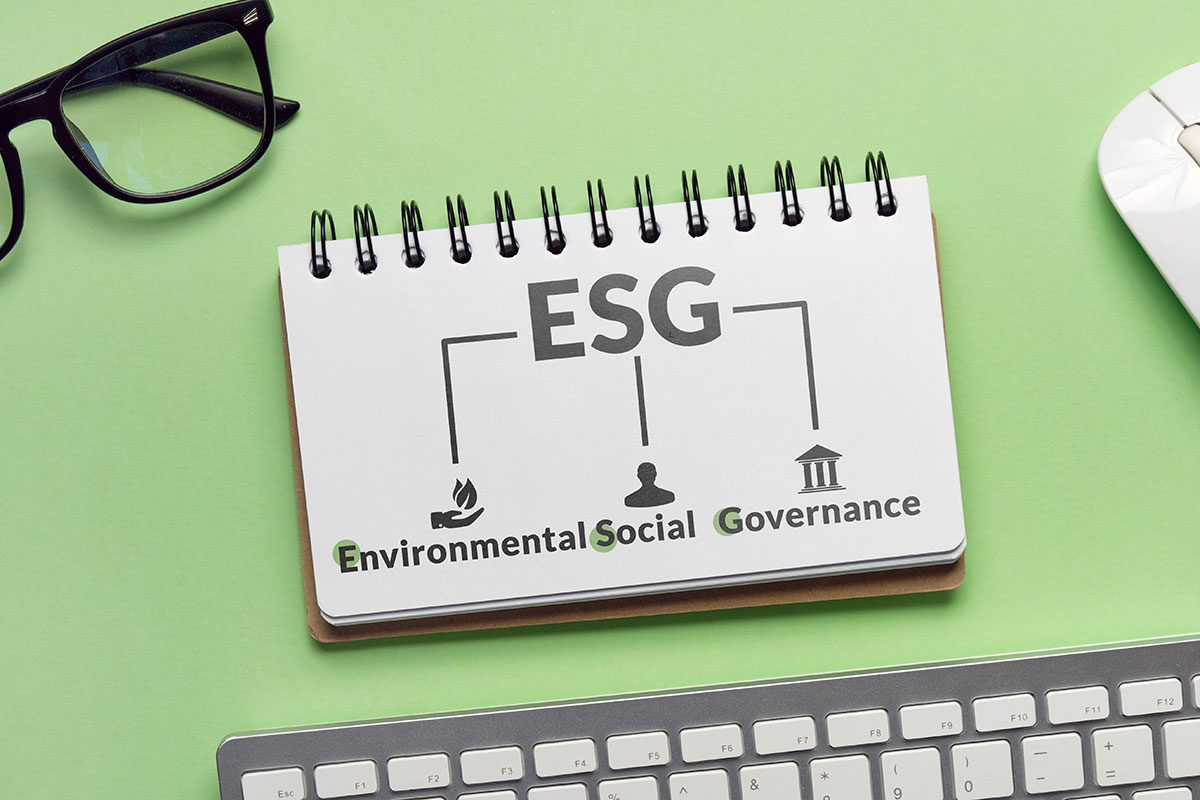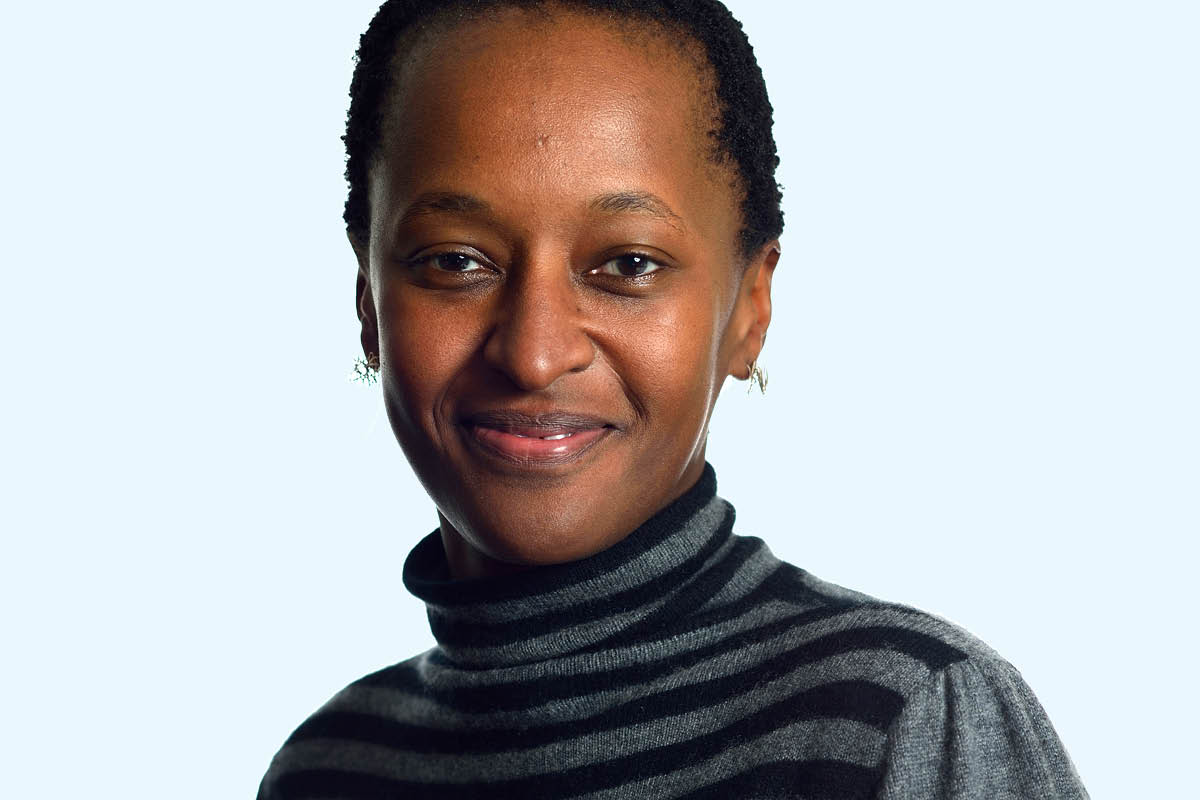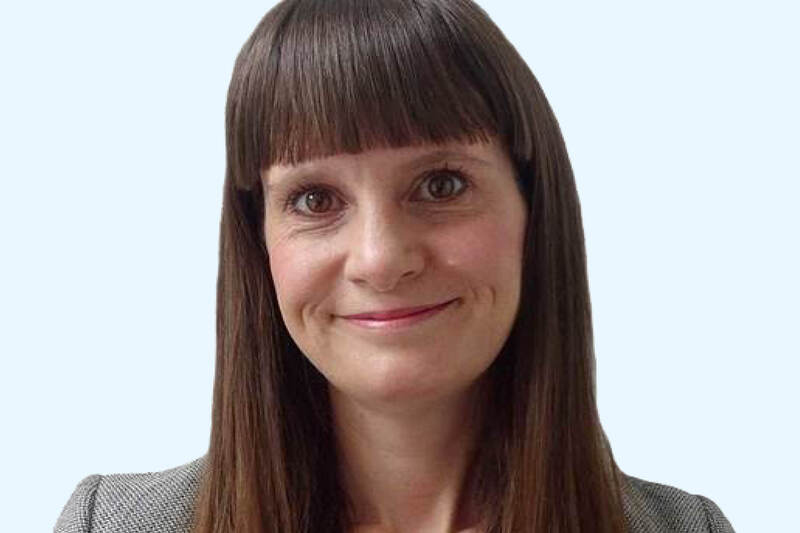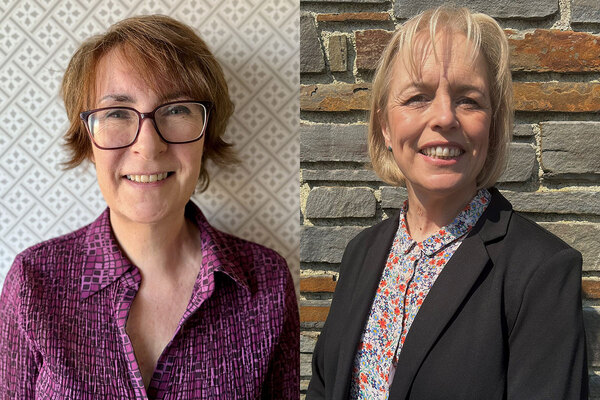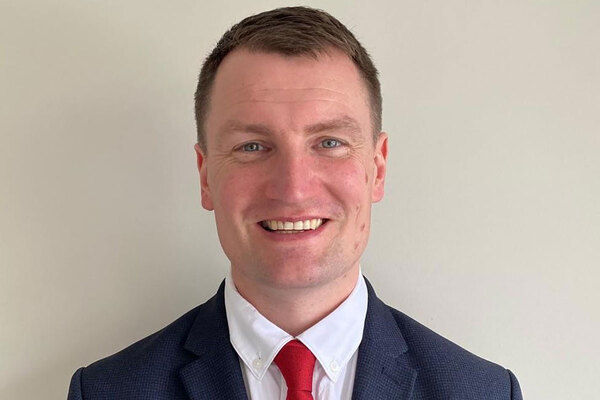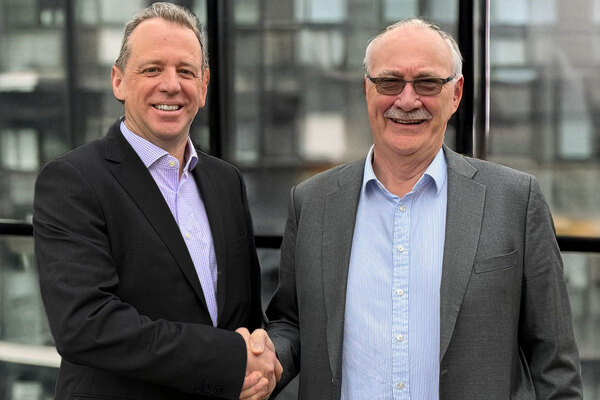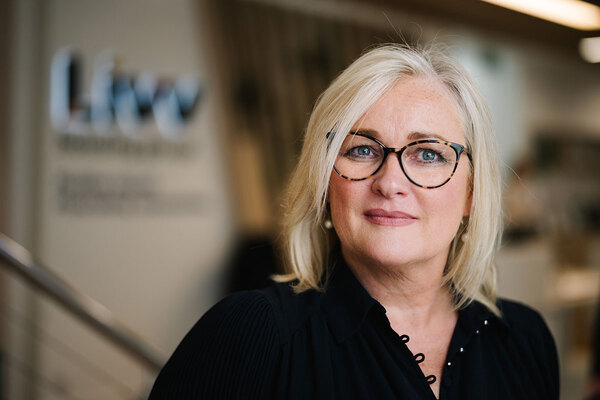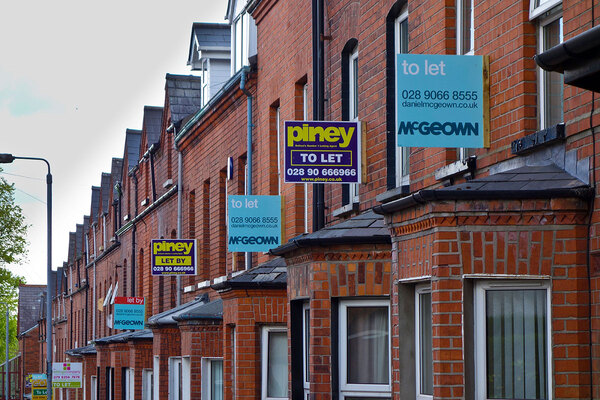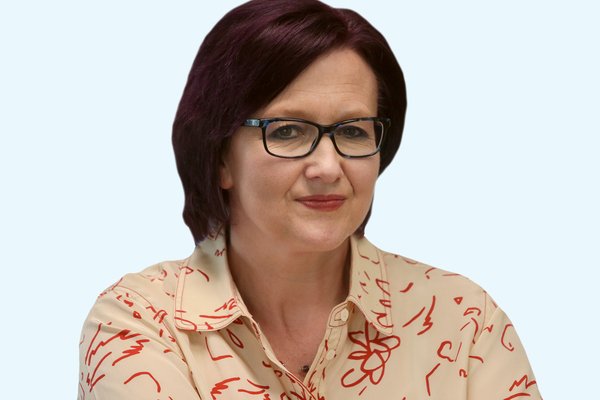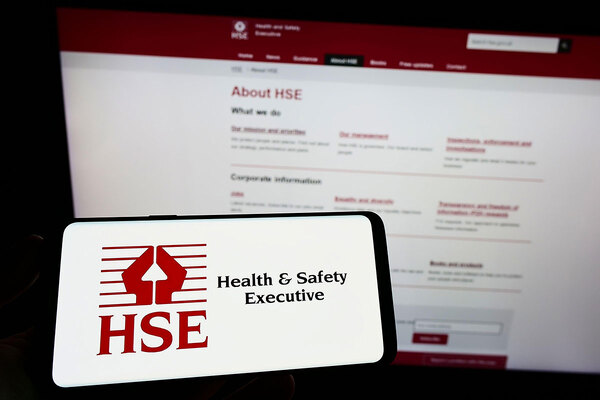ESG reports: cutting through the complexity
This Inside Housing webinar, sponsored by Azeus Convene, explores some of the challenges social landlords face when reporting on environmental, social and governance performance and the impact of the Sustainability Reporting Standard on the sector
In association with:

Amid a national housing crisis and a global climate emergency, the pressure for the housing sector to sustain and increase private capital investment to deliver high-quality, affordable and sustainable housing across the UK is constant in 2023.
Furthermore, it is vital that this funding is aligned to both the financing needs of the organisation and the delivery of positive social and environmental outcomes.
Launched in November 2020, the Sustainability Reporting Standard for Social Housing (SRS) is an environmental, social and governance (ESG) standard designed to help the housing sector measure, report and enhance its ESG performance in a transparent, consistent and comparable way in an attempt to appease future investors.
While more than 100 housing providers and funders have adopted the SRS since its inception, SRS reporting is still voluntary, and so there is still some way to go before the sector will demonstrate a commitment to sustainability with one voice. There are also many challenges that the sector is facing with the current reporting framework.
During this webinar, experts answered questions including:
- Why is ESG such an important topic within housing and how is the Sustainability Reporting Standard aiding the sector in achieving ESG targets?
- What are the financial implications of the standard? Why is this relevant for housing associations?
- What are the common challenges housing organisations are facing when responding to Sustainability Reporting Standard?
- How can technology be utilised to support this initiative?
Panellists
Andy Smith, head of housing impact services, The Good Economy
Andy Smith leads on housing and real estate at The Good Economy, working with clients to design impact measurement and management systems and deliver independent impact reports.
Since joining The Good Economy in 2018, Mr Smith has overseen The organisation’s growth in impact services for housing clients. He has also played a key role in The Good Economy’s collaborations. He led the development of the Sustainability Reporting Standard criteria – now being used by more than 100 housing providers and lenders.
Partnering with Big Society Capital, Mr Smith developed the Equity Impact Reporting Project for social housing. He also developed the reporting framework for The Good Economy’s place-based impact reporting approach.
Mr Smith joined The Good Economy from Social Finance, where he was the project manager of an innovative tech product that helped local authorities provide better support to young people leaving the care system. Also while at Social Finance, he worked on a range of additional strategy and business development projects.
Julie McDowell, chair, Blackwood Homes & Care
Julie McDowell is a member of the Sustainability for Housing board, which oversees the Sustainability Reporting Standard for Social Housing. She is chair of Blackwood Homes & Care, a Scottish registered social landlord whose mission is to help people live independently, using innovation and technology so that they can have choice and control over how they live. Julie has more than 20 years’ experience in sustainable and responsible investment and has served on numerous advisory groups relating to extractive industries, human rights, climate change and corporate reporting.
Ms McDowell previously led the responsible investment team at Standard Life Investments and chaired the Friends Life Stewardship Committee of Reference. She started her career practising law in New York and Washington, DC and is admitted to practice in numerous federal courts and the Supreme Court of the United States.
Russell Smith, ESG lead, Orbit Group
Russell Smith is Orbit’s ESG lead and has more than 20 years’ experience in community development, leading on delivering nationally funded programmes focusing on a range of co-developed projects on areas such as youth, community banking, child development and adult learning. Six of these years have been at housing associations, including Orbit, where he delivered the ‘Better Days’ programme.
Mr Smith is currently part of a team developing Orbit’s sustainability strategy and annual reporting.
Arturo Dell, ESG consultant, Azeus Convene ESG
Arturo Dell is a data leader working across the housing sector, and is now a consultant for Convene ESG, a new reporting software designed for housing providers.
Brendan Sarsfield, chair, Sustainability for Housing
Brendan Sarsfield is the founding chair of Sustainability for Housing. He has more than 20 years’ experience as a CEO in the social housing sector, including for Peabody where he led the organisation between 2017 and 2021.
Under his leadership, Peabody prioritised social rented homes at low rents for people in need. Mr Sarsfield’s time at Peabody also saw the association highlight the challenges faced by its customers and made the case for a fairer social security system and better pay for people on low incomes. Peabody was also a founding partner of the ESG Social Housing Working Group, which developed the Sustainability Reporting Standard.
Mr Sarsfield now holds a number of leadership positions across the private and voluntary sectors. He is a trustee and chair of finance and fundraising at crisis support charity Hestia.
He is also a board member of Grosvenor Hart Homes, a project sponsored by the Duke of Westminster, and a strategic advisor to NEC Software.
Sign up for our daily newsletter
Already have an account? Click here to manage your newsletters
